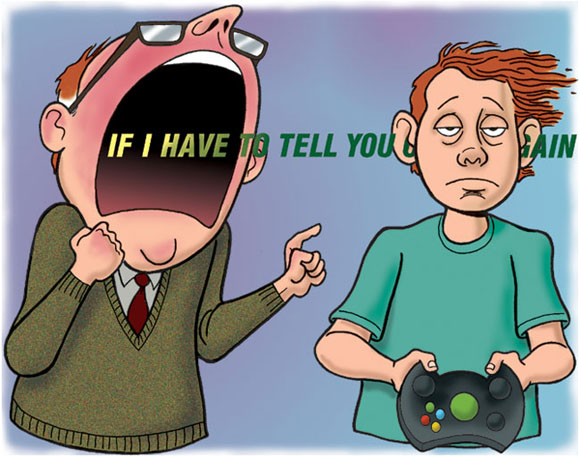On Friday October 2nd we went to ICPNA. The play we went to see was called “Opera de Tres Centavos” which was one of the most famous plays by Bertolt Brecht. Personally, it was very useful and out of the ordinary to go see the play. It applied ways in which the Brechtian theatre was supposed to show: the audience should be aware that this is a play. In other words, the audience should not feel identified with the play, but as the play finishes it allows them to reflect about the present. I think that a way to achieve it was in the script itself; it showed the misery of 3rd world countries (Colombia in this case) and the ridiculous ways in which they try to get money to live. The change in scenery is something I didn’t like very much because you could see the scenery being moved by the actors that weren’t even supposed to be in the scene, it was very distracting just as the photos at the back of the stage.(BTW, Roberto told us later that the changes should be actually more evident because of Brecht, so I guess the actors making the sounds from behind the stage was okay according to Brecht.) About those photos I am not quite decided if they were helpful or not the performance: it was distracting but it helped the understanding of the scene. I imagine there could have been another to way to achieve it. There was something I didn’t understand: the crappy circus performance at the start which had nothing to do with the play but I suppose it was in the script because it was usually in the Brechtian theatre. The scenery made a contrast with the costumes and makeup: the scenery was very miserable and close to reality while the costumes and makeup were very colourful and meaningful. For example, Polly’s dad was dresses like a rich man but lived in a house falling into pieces; it was the same as the wife who was also dressed a little bit elegant (especially in the second part) but in her house she had to iron and look really bad. I will be now describing the character that I think was the most impressive to me.
Polly: se may not be from dominicanish but she did a great work with her column and oppositions. The way she stood: arched back, leaning to the side but with the chest and chin up and her hands resting on the hip opposite to the leaning back. It was simply admirable (during the break I tried to do it for like 5 seconds and I FAILED). I also liked her voice, it was funny but somewhat annoying, and it is difficult to talk like that. (MAAAAC?). Her makeup was pretty stunning, although Diego told us later that her face was actually like that (virola I mean),long lashes and shadows “acentuando” her eyes. Her dad also did a good job with the column, his base position was: knees bended and back arched.
The job with the music, since it was an opera was pretty good, but they were too long sometimes as well as the monologues and dialogues, it was sometimes hard to follow and boring, although I think that the intervention of unexpected songs made the audience have more interest, anyway that interest didn’t last long. The light were not
Now I am really curious about this: How can you tell in a Brecht play that the performance that is up on scene was good? I mean, I could have been done by accident, weren’t supposed good actors to transmit feelings to the audience throughout the play? I think that is staniflastik (I know it must be spelled wrong)’s theory. So must we change the way out minds are set and look at that play in the other way around? If it is bad in the stani-hcdksabjcnsacla’s way that means that it is good in the Brecht way? I’m really confused; I hope that I can clear this out the next trimester when we study Brecht.
HEY BABY! (Drop it to the Floor) - Pitbul
13 years ago


